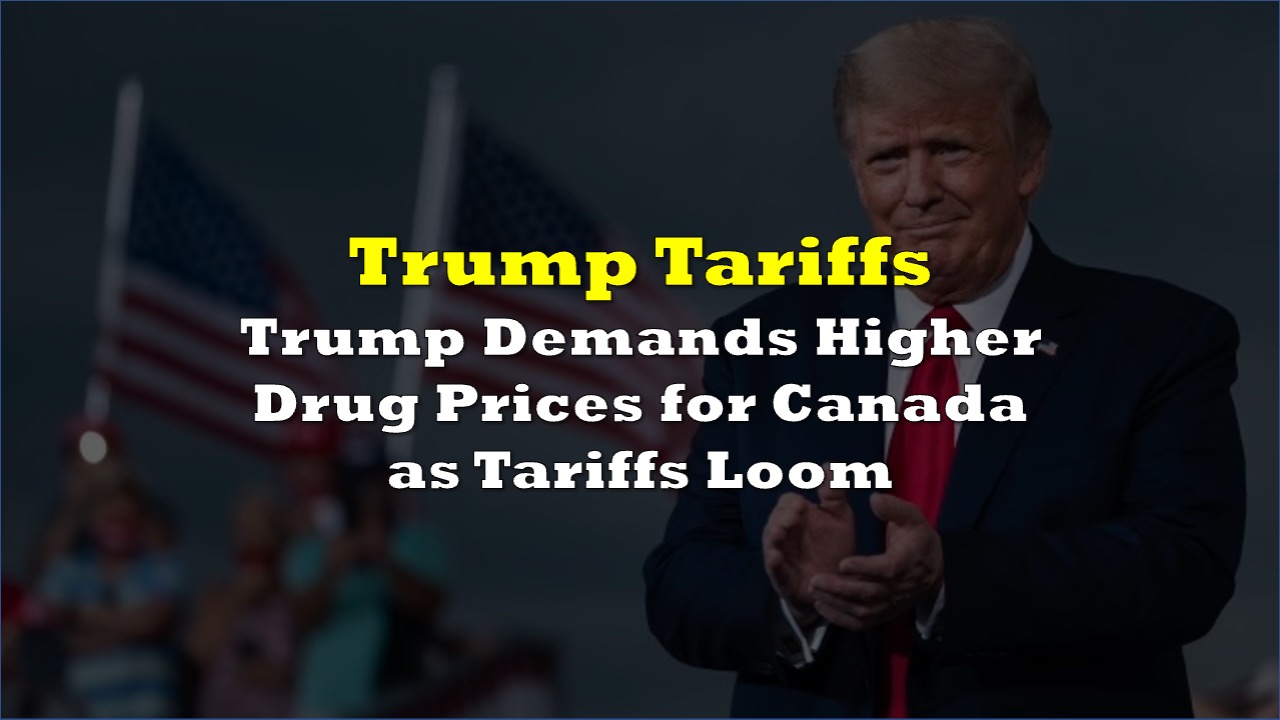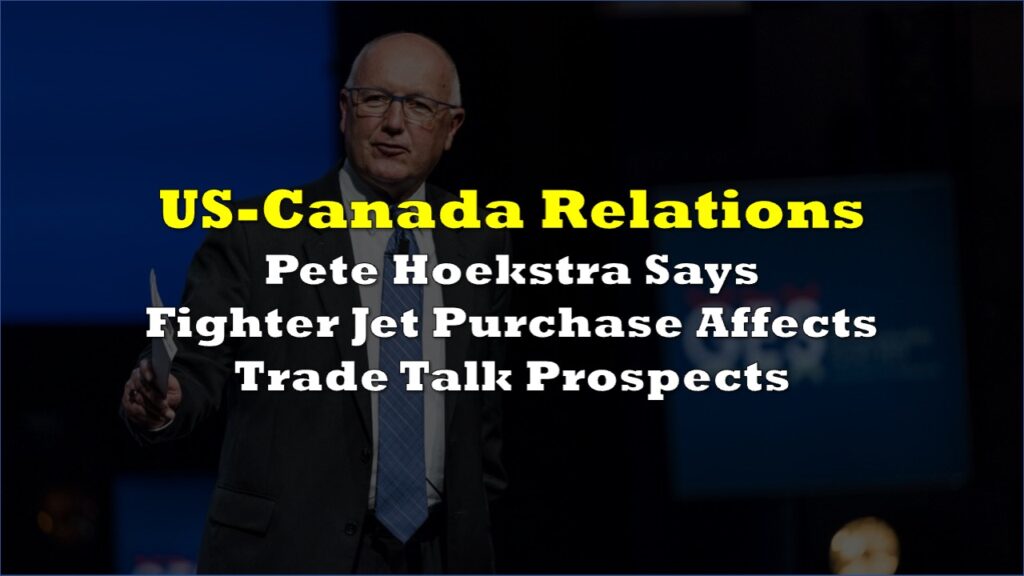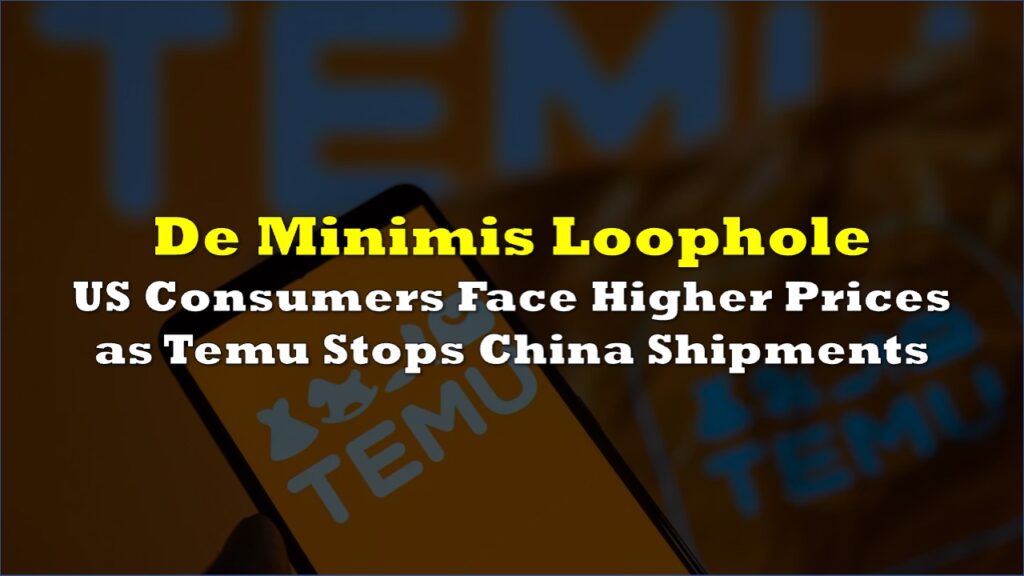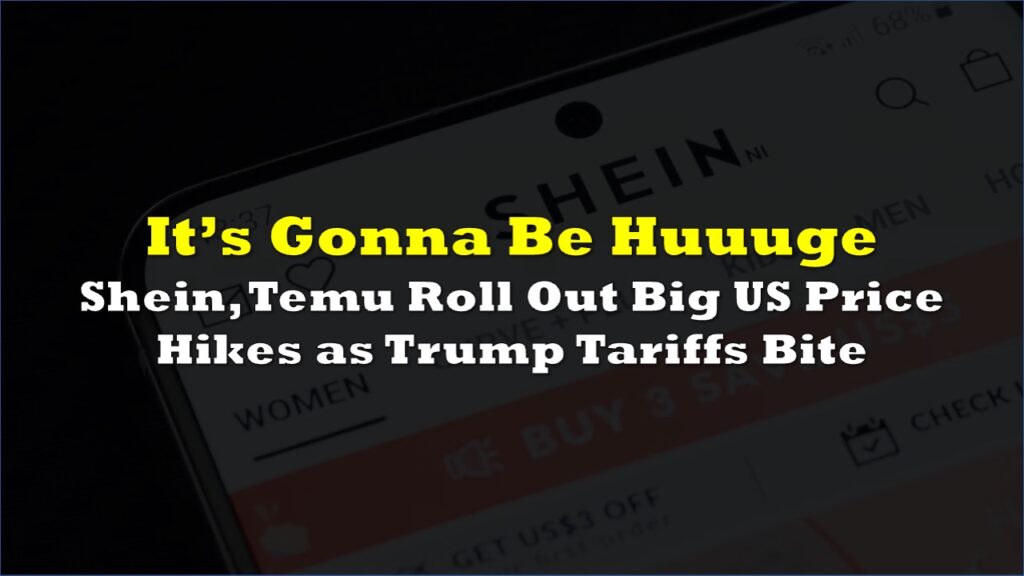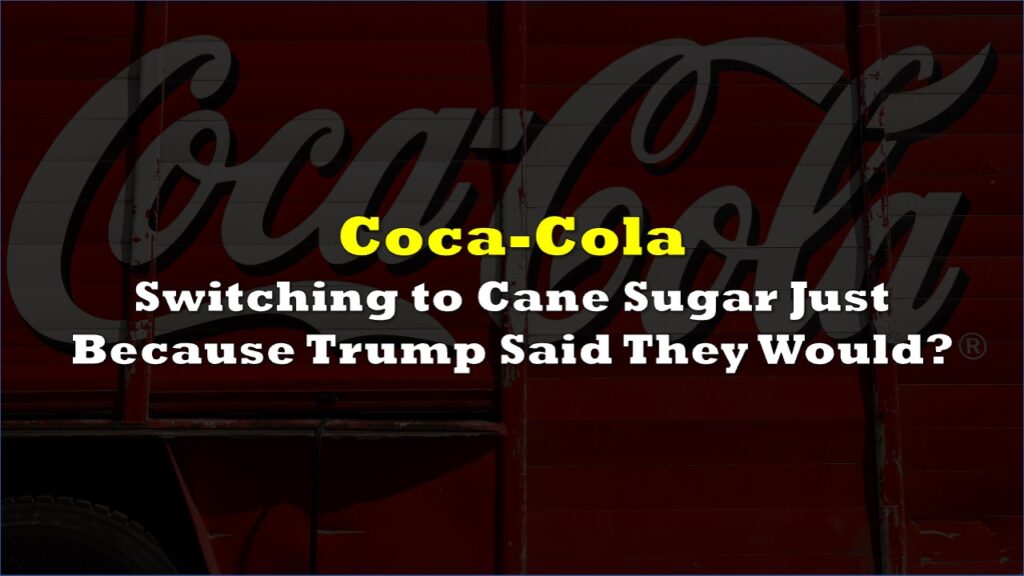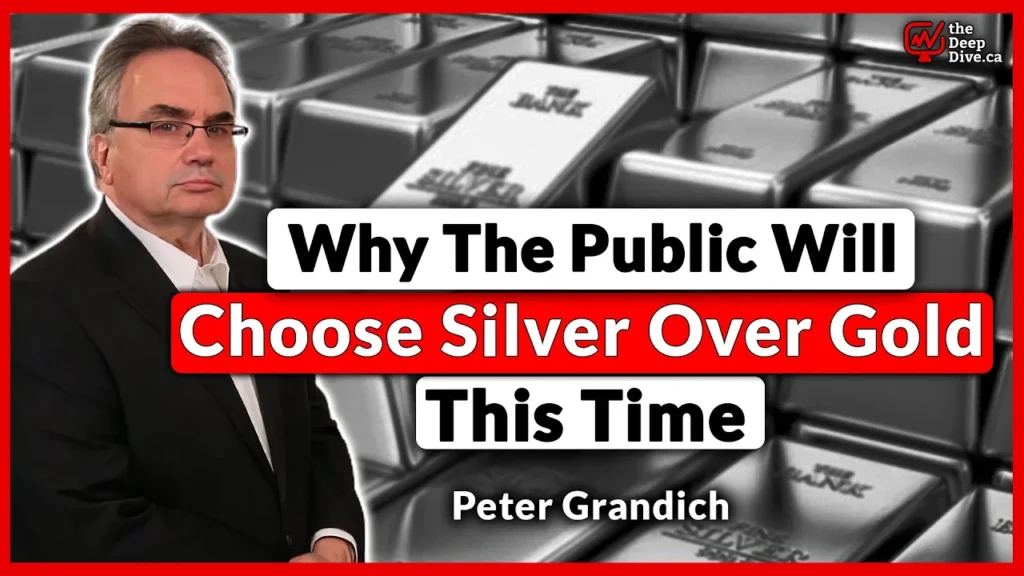The Trump administration is demanding that pharmaceutical companies raise drug prices in Canada and other countries to subsidize lower costs for American patients, while imposing tariffs that could add $750 million to the cost of medication.
The White House sent letters to 17 major pharmaceutical companies last week giving them 60 days to implement “Most-Favored-Nation” pricing, guaranteeing Americans pay no more than the lowest price charged in any developed nation. The administration wants companies to raise international prices and use the revenue to lower US costs.
“Moving forward, the only thing I will accept from drug manufacturers is a commitment that provides American families immediate relief from vastly inflated drug prices and an end to the freeriding by European and other developed nations on American innovations,” President Trump wrote in the letters.
The demands follow as Trump’s 25% tariff on Canadian pharmaceuticals increasef to 35% on August 1. He told CNBC on Tuesday that pharmaceutical tariffs could eventually reach up to 250%.
Canada produces approximately $3 billion in pharmaceuticals for the US market annually. The 25% tariff alone adds $750 million in costs to these medications. For Canada’s healthcare system, any successful price increases could add billions to provincial drug budgets.
A Journal of the American Medical Association study identified 411 drug products manufactured in Canada for the US market, including 28 medications with no alternative suppliers. Critical drugs at risk include antibiotics, antidepressants, HIV treatments, and heart medications.
“The proposed tariffs could affect a wide range of medications, from antibiotics to mental health treatments,” said Mina Tadrous, a University of Toronto professor who authored the study. “Straining this supply chain could trigger drug shortages and jeopardize patient care.”
Canada’s drug pricing is controlled through regulatory bodies that have kept costs significantly below American levels. According to the White House, US patients pay more than three times what other developed nations pay for brand-name medications.
Trump may not have the authority to enforce such changes, but that did not stop him from asking anyway. “He’s trying to put public pressure on pharmaceutical companies to voluntarily do what he does not legally have the authority to make them do,” said Chris Meekins of Raymond James.
Pharmaceutical companies have until September 29 to respond to Trump’s demands.
Information for this story was found via CNN, CNBC, and the sources and companies mentioned. The author has no securities or affiliations related to the organizations discussed. Not a recommendation to buy or sell. Always do additional research and consult a professional before purchasing a security. The author holds no licenses.

